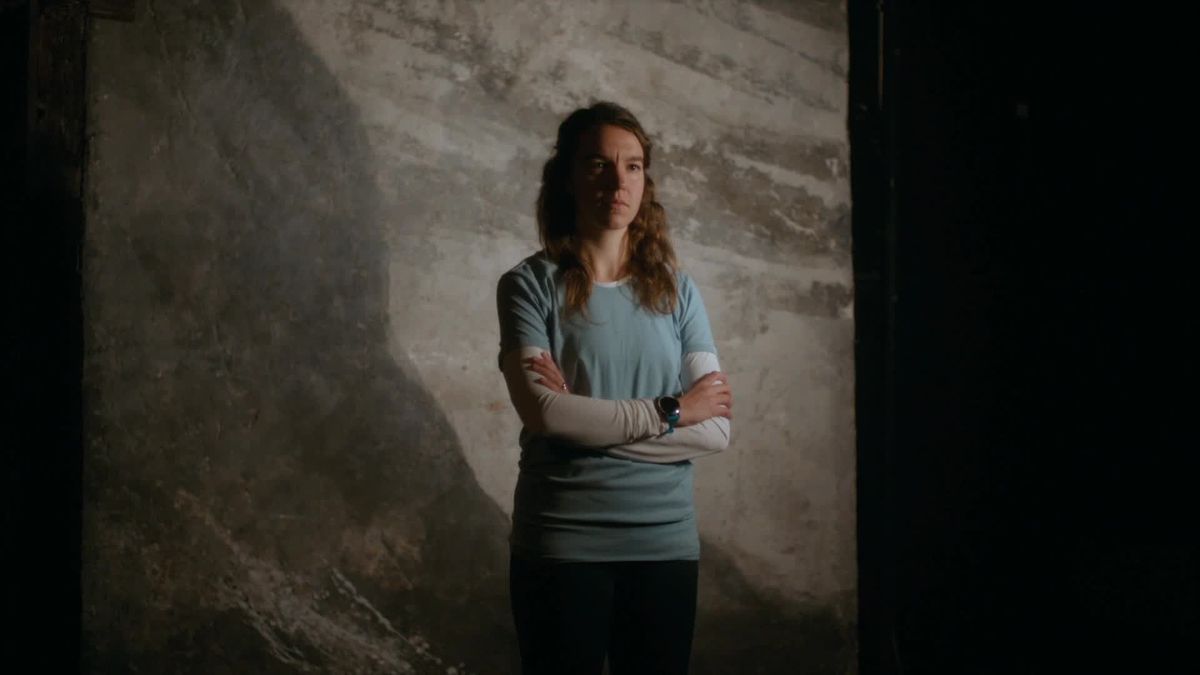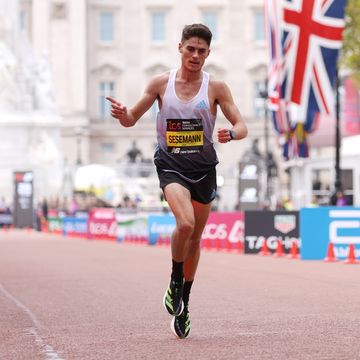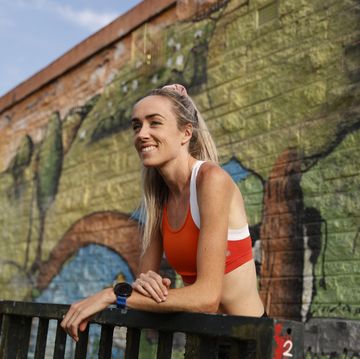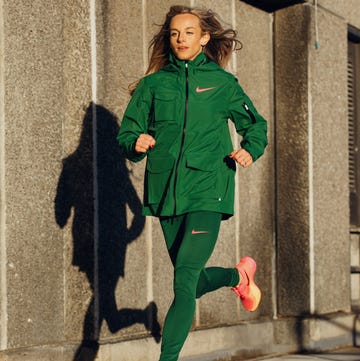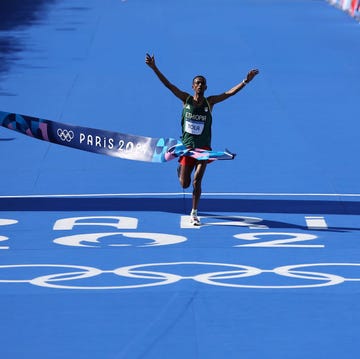When it comes to time spent on feet at the 2024 Olympic Games in Paris, Sifan Hassan certainly wins the award – and she even scooped three medals for it, too.
First up was 20km in the Stade de France – a full 50 laps of the purple running track. This involved a first round race and spectacular final in the 5000m (5 August), where Hassan held back before going headstrong on the home straight to take bronze in 14:30.61.
Next up, on 9 August, the 10,000m final. Here, the Dutch star demonstrated her talent once again to finish third in 30:44.12 – giving her a second long-distance medal in Paris.
What everyone's reading
And then? The almighty Olympic marathon on 11 August – the final sporting event of the Paris Games, held just a day and a half after Hassan’s demanding endeavours in the 10,000m. Her outcome? Gold.
Triple threat
Despite her huge efforts on the track, the additional 42.2km of the marathon didn’t seem to deter 31-year-old Hassan, who had every intention of completing the full distance on the hot, hilly roads around the city centre and Versailles.
The weather conditions were gruelling and the course elevation profile was intimidating – so much so, that it has already been considered the most testing Olympic marathon route in the modern era. And yet, Hassan overcame all obstacles and opposition to win the race in a new Olympic record of 2:22:55 – a remarkable feat that mirrored Tamirat Tola’s record-breaking victory in the men’s marathon the day before (10 August).
Ethiopia’s Tigst Assefa, the marathon world record holder, finished just three seconds behind in 2:22:58 to earn the silver medal, while Kenya’s Hellen Obiri, the champion of the previous two editions of the Boston Marathon, came across the line in 2:23:10 for bronze.
‘I have no words,’ said Hassan after her Olympic win at Les Invalides. ‘Every moment in the race I was regretting that I ran the 5000m and 10,000m. I was telling myself if I hadn’t done that, I would feel great today. From the beginning to the end, it was so hard. Every step of the way, I was thinking, “Why did I do that? What is wrong with me?” If I hadn’t done it, I would feel so comfortable here.’
And yet, Hassan still managed to get past the pain. By the 20km mark, she had chipped away at the front pack – involving Assefa, Obiri, Sharon Lokedi and Amane Beriso Shankule – and managed to hang just behind as they approached the first block of hills. By the 30km mark – the section of the course featuring the final major climb – Hassan was still in the chase and making assertive progress on the leaders as they made their way back to central Paris.
‘The moment I started to feel good at 20km, I felt so good. Then I knew I wanted gold,’ reflected Hassan. ‘But everybody else was fresh and all I was thinking was, “When are they going to break? They’re going to go hard – they’re going to go hard”.’
The final 5K saw just as many runners in contention for a medal, but it was Hassan and Assefa who eventually broke away from the pack for a heart-stopping sprint to the finish. Ultimately, it was Hassan – with her strong track resume and patented kick – who won the race in emphatic fashion.
‘I feel like I am dreaming,’ recalled Hassan, shortly after her win. ‘I only see people on the TV who are Olympic champions. The marathon is something else, you know. When you do 42km in more than two hours and 20 minutes, then every single step you feel is so hard and so painful.’
Hassan’s unprecedented triple marks the first time in history that a woman has attained a medal in all long-distance running events at a single Olympic Games – and let’s not forget that these three events were all held within the space of a single week.
But the Olympics – and marathon victories – are not new to Hassan. Three years ago, at the Tokyo Games, she seized two spectacular golds in the 5000m and 10,000m, as well as a bronze in the 1500m. In fact, there was even early speculation that she was going to contest the 1500m again in Paris, to increase her event count to four.
An established track specialist, Hassan made the jump to the marathon in 2023 – and took to the distance exceedingly well. That year, she won the London Marathon, her 26.2-mile debut, in a rapid 2:18:33. Then, six months later, she clocked a winning time of 2:13:44 at the Chicago Marathon – a new women’s course record and the second-fastest women’s marathon time ever.
Harvey battles through a hip injury
The women’s Olympic marathon also saw Team GB’s trio of Rose Harvey, Calli Hauger-Thackery and Clara Evans in action on the testing roads of Paris – all three of them Olympic debutants.
Evans, who stepped in for Charlotte Purdue after she withdrew shortly before the Games due to an ankle injury, finished in 46th position in a time of 2:33:01. Hauger-Thackery, meanwhile, was one of the 11 runners – out of 91 starters – who had to withdraw mid-race.
Harvey, whose PB of 2:23:21 positions her as the fifth-fastest British female marathoner of all time, appeared to struggle with the challenge – but refused to call it quits. Having accomplished her first Olympic marathon in 2:51:03, shrouded in 24C heat, Harvey later revealed that she had been diagnosed with a stress fracture in her femur.
Now on crutches and unable to put any weight through her leg, Harvey said that she had been struggling with a tight hip for three weeks before the race in Paris – and, just two miles into the marathon in the French capital, she new that it was going to be a tortuous effort.
‘It was really tough,’ she said after the race. ‘The hills didn’t help at all, the downhills were just agony and it just got worse and worse. At the halfway mark I knew it was going to be incredibly painful.
‘The Olympic energy was kind of what kept me going to that finish line,’ she continued. ‘Any other race I would have stopped, because I wasn’t able to run like I normally can... And the pain was really bad – but I just had to get to that finish line. I had to do the Olympic marathon.’
We wish the Olympian a swift recovery.




